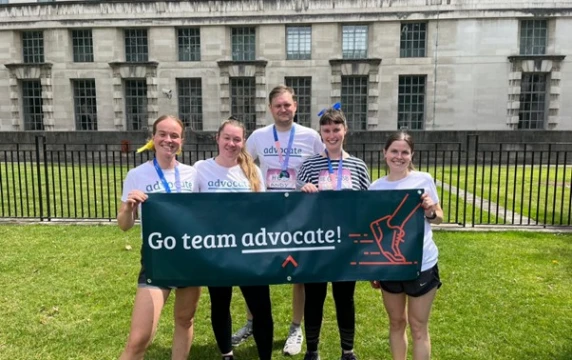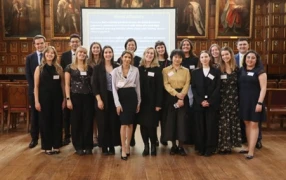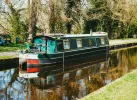Frank lives on a converted historic lifeboat that floats around canals in southern England. He applied to the Canal and River Trust (which owns and manages most of the canals) for a navigation licence and was told that it would cost £755.56 for 12 months. He applied to the local authority asking for housing benefit to cover the cost of the licence and they ruled that it did not count as “rent” under the Housing Benefit Regulations 2006.
Without housing benefit to cover the licence fee, Frank faced the terrifying prospect of having the only home he knew taken away, so he challenged this decision in court (in this case, the First-tier Tribunal). The First-tier Tribunal ruled that the licence fee was not covered by housing benefit.
With help from Nick Brown of the National Bargee Traveller's Association Casework Team, which represents the rights of the UK's itinerant boat dwelling community, Frank reached out to Advocate for assistance from a barrister to appeal against this decision and fight for his home. Nick said:
“There is no Legal Aid for social security cases leaving many appellants high and dry when confronted with highly technical cases against well-resourced councils and the Department for Work and Pensions. It is also a sad reality that many appellants seek benefits because they cannot cope themselves and are therefore “easy pickings” for the council or the DWP representative. This case was no different. Without the support of Advocate, the barrister team that they found and the NBTA, Frank would never have managed the appeal himself."
Advocate matched Frank with a two-person barrister team from Landmark Chambers: Justin Bates and Brooke Lyne, who argued in an appeal to the Upper Tribunal that the First-tier Tribunal's decision was wrong in law.
The Upper Tribunal allowed the appeal deciding that when a live-aboard boat was moored, the land to which it was moored was included in the description of “dwelling”. The right to use the land for mooring was conditional on having the licence from the Canal and River Trust. The licence fee was therefore a payment “in respect of a licence or permission to occupy the dwelling” and was therefore a payment of "rent" and so covered by housing benefit.
This decision was not only a relief to Frank, but signalled a new interpretation of the law that will also have a positive impact on the lives of several thousand permanent boat dwellers.
Barrister Justin Bates said:
"This is an important win, not just for the client (who now will not face being made homeless) but also for several thousand other canal boat residents who will benefit from the decision. The law was complex and messy and it was unrealistic to think that an unrepresented person could trawl through the housing benefit regulations and landlord and tenant law to put together a cogent argument on appeal.”






